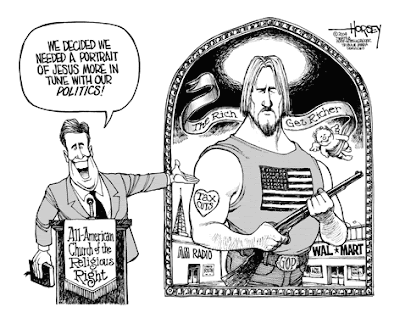Who is God? A Mere List of Facts?
So Jesus said to the Jews who had believed in him, "If you abide in my word, you are truly my disciples, and you will know the truth, and the truth will set you free.
John 8:31-32
In discipleship we have taken this and flopped it. We start like this:
Know the truth
Be set free
Follow Jesus
because of this, many people have never actually seen what God is like, they only know facts about him. They can list off many things:
He is loving, gracious, all knowing, all powerful, everywhere, infinite, provider, caring, passionate.
Here is the issue... We never fall in love with anyone by a list of things we know of them when it's made like a grocery list. I was speaking to a young woman who said she was struggling with her faith, and very confused on who God was and struggled as well because this confusing God was also the very one she was supposed to tell her friends about, strangers about, neighbors about. She would list off all the things above but for some reason they didn't like her algarhythm of a god.
I then pressed into her.
She has a boyfriend so I asked her: What if I were trying to introduce you to your boyfriend before you guys met and I said:
He has two eyes, two legs, a face, hair, a mouth, he eats, he hugs people and he wears clothes.
Will you be so caught up about him that you'd fall in love with him?
She laughed and said of course not. I said, "how have you fell in love with him?" She responded with: our time in relationship with each other. Exactly. She spent time with and walked in relationship and life with him to see what he was like. So much so, that if I were to tell her, " Your boyfriend is a thief and a liar" you wouldnt believe me, because of your understanding of who he is and what he is like.
This is how it is with God. He has always wanted relationship with us, so we could show off what he is like to the entire world. This is why discipleship starts with the first time we have contact with a person. We show off what God is like as we walk in God's ways. Because we aren't merely memorizing facts about God, but actually experiencing those facts in relationship with him, we can show him clearly to others. So, instead of just saying God provides, we see that he provides as we lean on his provision and wisdom. We don't merely call him comforter, but we have experienced his comfort during our lives. These things are what we then show off to others as we live in community with them. Up close. So, when they begin to trust in Jesus, they've already seen what a disciple does and experienced it. Because of this, they have a relationship with God and not merely head knowledge that was proven to be more believable than the alternative.
Where did we get so off track? We've never had relationships like this. We've never merely known facts about someone and said we were in intimate relationship with them. . But, we can see many people that are living this way. They believe this list of facts, then they work the rest of their lives trying to do things to prove that God is real and true, the same way they know it. In reality, they've never been set free. They are still a slave. Jesus' burden is heavy, not light. And, in the end, the gospel isn't good news and it definitely doesn't bring great joy. Maybe this is the reason why so many pastors and Christians are burnt out...they have a relationship with a spreadsheet of facts instead of walking in the ways of Jesus in real relationship with the Father that sets them free, brings great joy, and who's burden is light.
We need to go back to discipleship that starts with walking with others as we walk with God in the cool of the day, so they'll know the truth and so that truth sets them free as it has set us free.


























